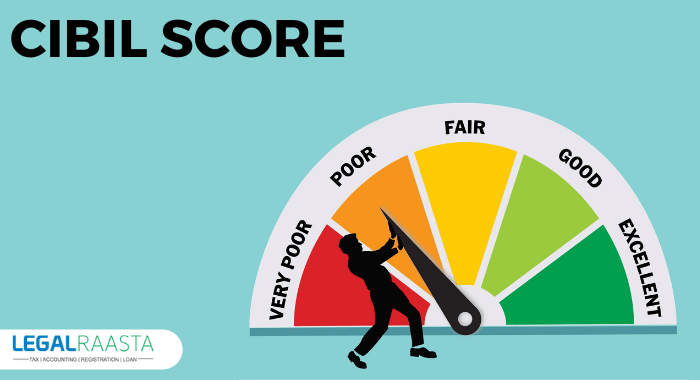Types of credit cards in India
The rising usage of credit cards has caused a disruption in the lending and credit markets. Many new cards hit the market on a regular basis, each with a unique set of characteristics and benefits. These characteristics and benefits help to classify the cards into various categories. These categories are used to help people choose a card. There are basic cards that a newcomer prefers, as well as air miles cards that allow you to fly for free. The following is a list of different types of credit cards depending on several criteria: 1. Basic Credit Cards: This is the credit card of choice for people who are new to using a credit card. You will be allocated a small credit limit based on your salary, which you can use to make purchases. When you use the card to make a purchase, you will not receive any additional perks. 2. Secured Credit Cards: People with a bad credit history can receive a secured credit card by putting down a deposit equivalent to the card's credit limit. This deposit serves as a guarantee for banks when they issue credit cards. The bank may return the security deposit if you make payments on time for a few months in a row. 3. No Annual Fee Credit Cards: A no annual fee credit card is one that does not levy an annual fee for the usage of the credit card. It can be compared to a basic credit or a credit that is slightly higher but offers fewer benefits. Individuals who are new to credit card usage or who use the card seldom would choose a credit card with no annual fee. 4. Low-Interest Credit Cards: A low-interest credit card is one that has a lower interest rate than other cards in the same category. This category, however, differs from balance transfer cards in that the interest rate will not be as low as 0% and the rates will not be valid for a certain period of time, as in the latter case. 5. Balance Transfer Credit Cards: While most credit cards allow you to transfer your balance, a balance transfer credit card offers a reduced interest rate for a set amount of time. You can transfer the outstanding debt on your current card to a balance transfer card with a low rate if your current card has a high-interest rate. The opening rate on certain cards is as low as 0%. 6. Rewards Credit Cards: A rewards credit card is one that gives you some sort of prize for every rupee you spend on it. Every bank determines the number of reward points you receive for each sort of transaction you complete with a rewards card it offers, such as grocery shopping and online bill payment. 7. Cashback Credit Cards: When you use your cash back credit card to make a purchase, you will receive a portion of the purchase price as cashback. The bank may also specify criteria, such as cashback only applies to gasoline transactions. 8. Travel Credit Cards: A travel credit card is advantageous to frequent travelers since it provides perks such as travel insurance, global acceptance, favorable currency conversion rates, and more. 9. Shopping Credit Cards: Credit cards that come with deals and offers when the card is used to pay for shopping expenses. You can earn additional incentives for both online and offline purchasing. 10. Entertainment Credit Cards: Entertainment credit cards are credit cards that provide discounts and offers on entertainment-related purchases. Purchases of movie tickets, concert tickets, amusement park tickets, and other events are examples of such expenditures. 11. Credit Cards with Airmiles: Every rupee you spend with an air miles card earns you air mile points in your account. After you've accumulated enough air mile points, you can use them to get free flights or other prizes from the redemption catalog. 12. Lifestyle Credit Cards: These cards offer rewards when used for lifestyle expenses such as premiere screenings, nightlife, fashion events, and so on. 13. Premium Credit Cards: Premium credit cards are only available to a small group of people. Free access to golf clubs, airport lounges, concierge assistance, and insurance are all included. It could also include free travel and hotel accommodations discounts. Some cards additionally include a personal relationship manager who manages the cardholder's assets. This card is not available to everyone who applies. 14. Co-Branded Credit Cards: Banks collaborate with brands to provide co-branded credit cards that offer exclusive discounts and offers when you make a transaction with the brand. Other deals are possible, but they will not be very profitable. This method is typically utilized to enhance a brand's consumer base. 15. Student Credit Cards: College students are the primary consumers of this type of card. The card takes into account the reality that many students do not have a credit history. In comparison to other full-fledged cards, the approval criteria for a student credit card are less stringent. It also has a reduced rate of interest. 16. Business credit cards: They are developed specifically for usage in the business world. This is done to ensure that business and personal expenses are kept separate. Even a business credit card, however, requires a solid credit history to be approved. Because the card issuer considers the applicant to be responsible for bill repayment, this is the case. 17. Prepaid Cards: To use a prepaid card, you must first put money into it. Funds are taken from the card balance for every transaction you make with it. This card does not have a financing charge or a minimum payment requirement.Conclusion
There are various types of credit cards available. The different types of credit cards are differentiated on the basis of their purpose and the benefit associated with them.Also, read How to apply for an online PAN card Application form Rashtriya Krishi Vikas Yojana Gilt Funds










